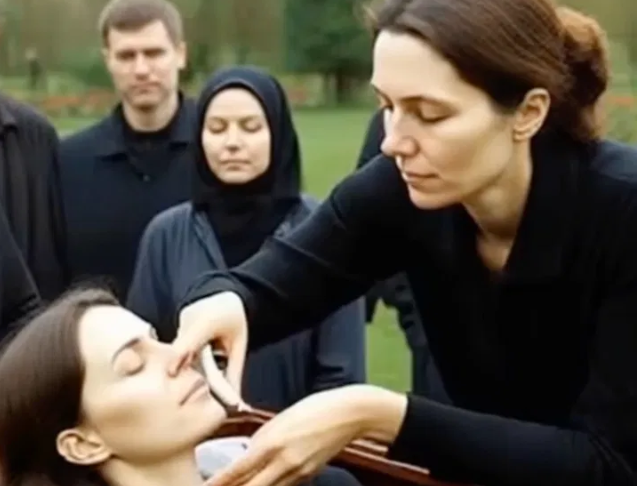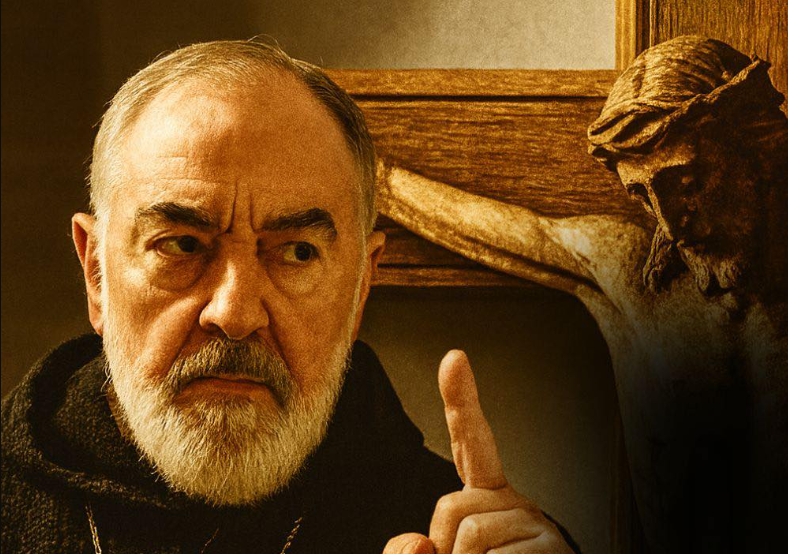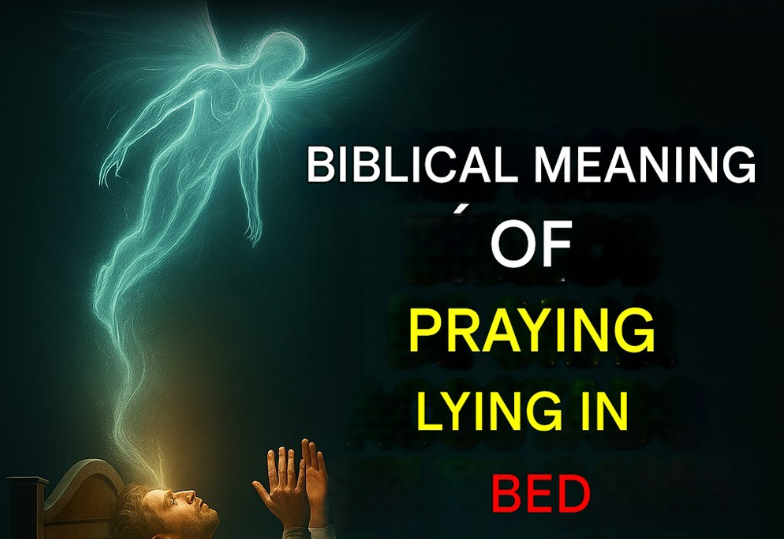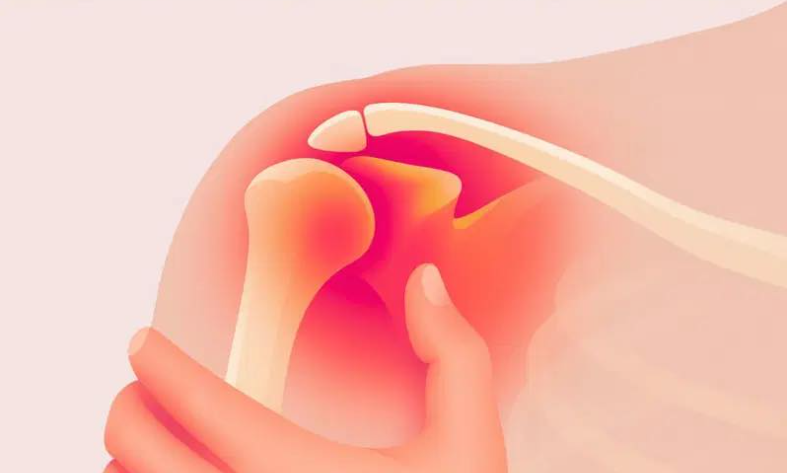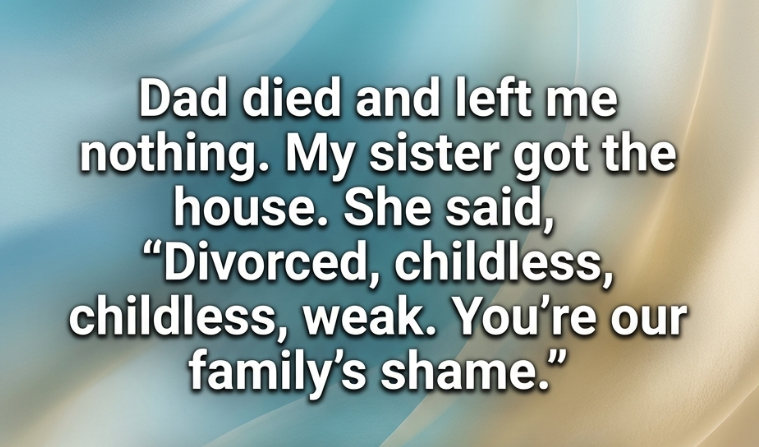Marina tightly held her friend Tanya’s hand, overwhelmed by the moment.
Tanya was fading—her body frail, her breathing shallow—but her eyes weren’t focused on her own suffering. Instead, they lingered on her young daughter, Verochka, who sat nearby quietly sketching flowers on a napkin.
“Marish… please,” Tanya whispered. “Take care of Verochka. You have a warm heart, a stable home. She has no one else. Promise me.”
Fighting back tears, Marina nodded. “I promise. I’ll raise her as my own.”
Two days later, Tanya passed away. Her farewell was simple and intimate. At the service, Verochka didn’t cry. She just clung silently to Marina’s hand.
That evening, back at Marina’s home, the little girl murmured, “Mama’s still alive. I can feel her.”
Marina wrapped an arm around her and replied gently, “She’s with you in your heart now, sweetheart.” But Verochka insisted—she felt her mother’s presence, like a quiet voice deep within.
The next morning, Verochka asked Marina to take her to the train station.
Driven by something beyond reason, the girl led Marina through unfamiliar streets and narrow alleys until they reached an old building—once an infectious disease clinic, now a shelter.
Without hesitation, Verochka darted toward a mattress tucked beneath a staircase.
“Mom!”
Marina froze. Lying there was a woman who looked like Tanya—hollow-eyed and dazed. A shelter doctor explained she’d been found wandering near a highway, with no ID and unable to speak clearly.
She had likely suffered brain trauma—possibly after a brief period of clinical de.ath.
But when Verochka took her hand, the woman’s gaze sharpened. “Ver…ochka?” she whispered. The name stirred something deep—and for the first time, Verochka broke down and wept.
It turned out Tanya had been declared de.ad—but was revived just before reaching the morgue. Oxygen deprivation had left her with severe memory loss. While the world believed she was gone, her daughter had known, somehow, that she wasn’t.
Marina acted immediately, arranging proper medical care. Bit by bit, Tanya’s memories began to resurface—faces, places, fragments of emotion. Recovery was long and painful. Some nights, she’d wake up screaming in confusion. But Verochka would hold her and whisper, “I’m here. You’re safe.”
Marina was there every step of the way. She visited daily, brought home-cooked meals, and spoke to doctors on Tanya’s behalf. “You’re not alone,” she would say. “You have Verochka. You have me. Keep going.”
By the time snow covered the city, Tanya was no longer a patient—she was part of the home Marina had promised. One evening, as they decorated the house for the holidays, Verochka asked, “Do you think Santa knows Mom came back?”
With a soft smile, Tanya answered, “He does now.”
Her return hadn’t been magic. It was love, belief, and unshakable friendship that brought her back.
Rebuilding her life wasn’t easy. Tanya had no documents, no job—just broken memories and two people who refused to give up on her. Eventually, she found work at a local charity. Every morning, Verochka packed her lunch and tucked in a note: “I’m proud of you.”
A year later, mother and daughter moved into a modest apartment of their own. On Mother’s Day, at school, Verochka stood up to read a poem. Then she added, “My mom died once. But I loved her back. And Aunt Marina—she’s a mom too.”
Two years passed. Tanya, now stronger and more grounded, stood on that same stage to speak.
“When you lose everything, when the world turns dark, love is the thread that can pull you back. My daughter never let go. And my friend held us both until we could stand.”
That night, over tea, Marina quietly said, “I thought I was saving you… But maybe, you saved me too.”
Tanya looked down at her daughter asleep in her lap. “She’s my thread,” she whispered. “And you—you’re the knot that held us together.”
Life hadn’t been easy. But it had given them something more meaningful than comfort: connection, strength, and a second chance at love and belonging.
And now, Tanya wasn’t just alive—she was truly living.
